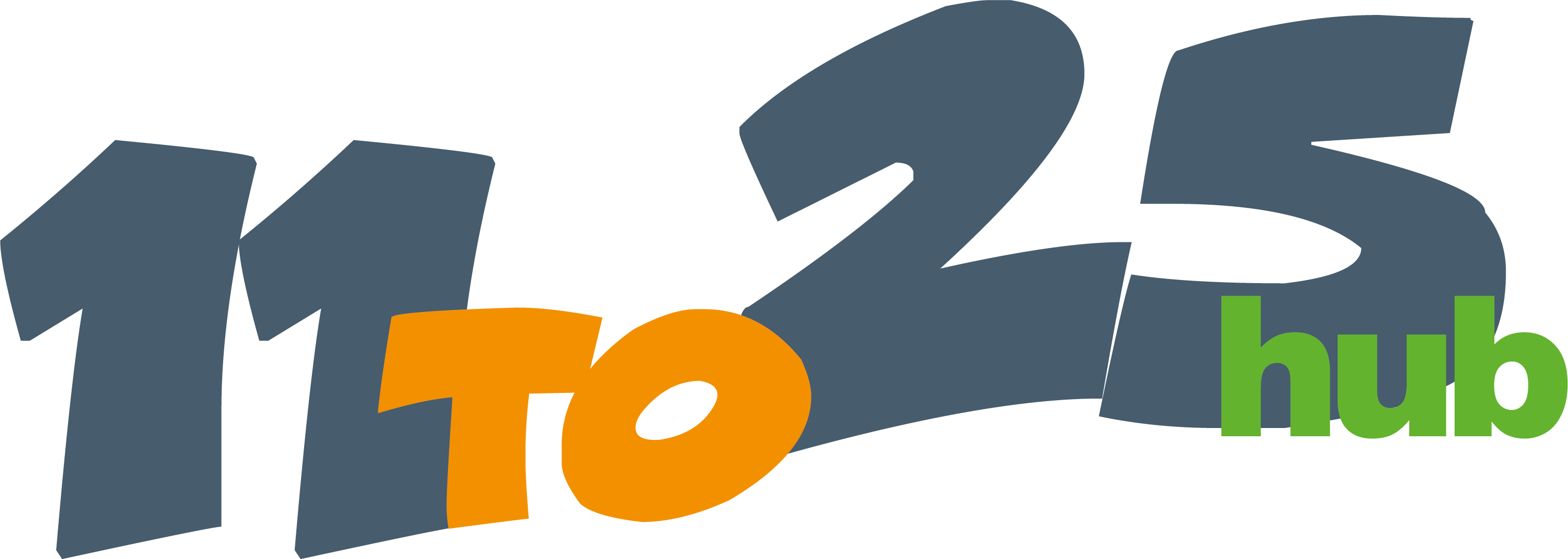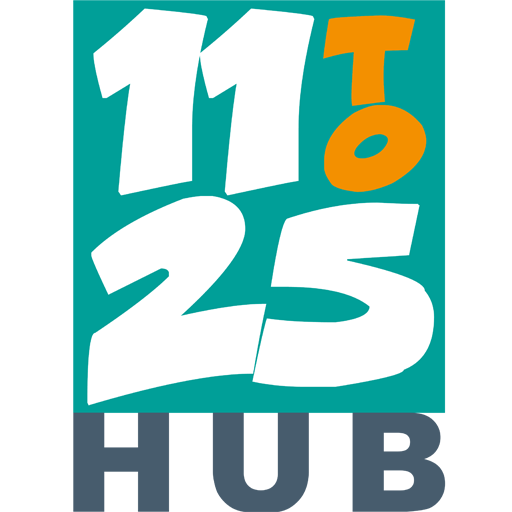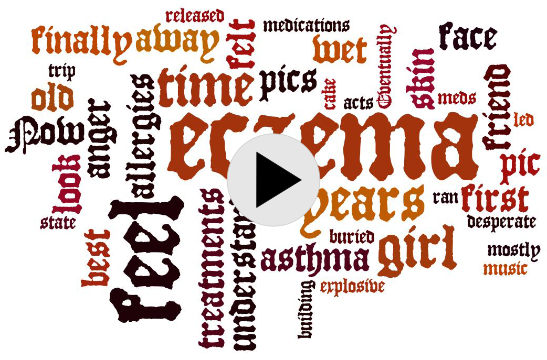Introduction
Healthy, or unhealthy, relationships can positively or negatively affect a young person’s wellbeing. These relationships might be with friends, peers or with adults.
As a young person moves through the process of healthcare transition a multitude of relationships begin to change, those with health care professionals, friends, peers, parents, family members and so on. In this module we will explore the nature of healthy and unhealthy relationships, how to identify them and suggest ways and resources that can help improve things.
We will also explore the changes in some of these relationships and how to pursue healthy relationships with everyone involved in a young person’s life.
What we'll be covering
What is a healthy relationship?
Broadly speaking, healthy relationships are ones where young people can safely feel and express respect for themselves and others. This often comes from mutual trust, honesty, good communication, being understanding and calm during arguments. This applies to all the different types of relationships we have, such as with parents, siblings, friends, teachers, and clinical staff as well as with a partner.
The first change in relationship maybe between a young person and the parents, where there may be more frank and honest conversations around sex, and more adult behaviours
It’s perfectly normal for young people to be curious about sex and relationships as they grow older. For some parents and carers, their child starting a new relationship or to have sex can also be a worrying time. Healthcare providers may also start discussing these relationships (often specifically related to issues around medical conditions).
Young people may start relationships online and use platforms such as social media or video apps to communicate with their peers or partners. The online environment needs some extra consideration and care.
As a parent you may feel anxious that your child is growing up too fast or be worried about their safety; and how medical conditions may also impact these relationships.
We know communication can be difficult to navigate on both ends in the relationship between young people and their parents or carers. It can be hard to know what to say, when to say it, and how to say it.
Talking about relationships during a medical appointment may feel strange for young people but also healthcare teams, who often have known the patient – the young person – since they were a small child.
If there is a young person in your life you’d like to support, we encourage you to consider these key steps.
Help model and define behaviours of health relationships
Start conversations early and be open to unexpected responses!
Describe types of abusive relationships and the warning signs
Abuse isn’t always physical – have open discussions about:
- Physical abuse
- Emotional abuse
- Sexual abuse
- Financial abuse
- Online abuse
- Coercion
Set expectations and boundaries
Have open lines of communication and set expectations around what is acceptable behaviours or not.
Offer support
Make sure the young person is aware that you are there to support them and have an ‘open door’ approach. Try not to get angry or upset.
Don’t make assumptions
Use neutral language and don’t presume pronouns or presume the context of a relationship.
Be respectful and intentional
Communicate in an approachable manner and have respect for their individual feelings, and perspective.
Know when to ask for help
If you are struggling to talk to a young person, don’t give up, there are lots of resources available online to help with these discussions.
Getting support on unhealthy relationships
In order to have happy and meaningful relationships we need to be able to recognise healthy and unhealthy behaviours.
Unhealthy relationships are not always between two people. Sometimes an unhealthy relationship is linked to the young person’s behaviour, for example, with drugs and alcohol. There is lots of help out there, and having positive, open relationships with friends, parents, teachers or carers is an opportunity to discuss any concerns that you may have. There are also lots of online resources and help available.
Being involved in an unhealthy relationship can take a serious toll on a young person’s mental and physical health, social life, and education.
There are some warning signs of unhealthy relationships:
- A possessive partner
- Changes in habits
- Unexplained injuries
- Giving up on goals
- Constantly checking in on social media platforms
- Apologising frequently
- A relationship moves very quickly and gets serious very fast
Talk to the young person about the behaviours that concern you. Focus on the actions and not the person. Say things like, “It concerns me that your partner insists on knowing where you are throughout the day.”
Remember! A positive relationship is based on open and honest communication, trust, respect, compassion and a sense of equality. It has healthy boundaries that allow you to be who you are, do what you like and spend time with your friends and family. Pay attention to unhealthy behaviours in your relationship such as power and control, disrespect and the use of physical force and ask for help if needed. Always remember that a relationship should make you happy and everyone deserves to have positive relationships.
Healthy relationships also include the right to consent, which means that each partner has a right to say ‘yes’ (give consent) or ‘no’ (refuse consent) with respect to activities within a relationship, in particular in a sexual relationship.
You should know that they have complete control over your own body, and always have the right to say “no,” including if you change their mind about sex halfway through. You should never feel like they have to have sex just to please someone else.
What are the significant relationships young people have, and how do these change during healthcare transition?
Parents
We know communication can be difficult to navigate on both sides of parent or caretaker and child relationships. It can be hard to know what to say, when or if to say it, or how to say it. We often see much more friction as young people find their adult selves sometimes trying to establish new boundaries and push them further!
As young people try to establish independence, parents should try and understand a number of points.
Parents are still the most important influence in their children’s lives. Young people are trying to become adults. One of their greatest difficulties is becoming independent while maintaining a loving relationship with parents. The young person’s struggle for independence becomes a real problem only when it is viewed by the young person and/or parents as a struggle for control. This can also be seen in other relationships young people have, including health care providers and teachers etc.
Peers
Changes in a young person’s physical development and thinking development come with big changes in their relationships with friends. A young person’s focus often shifts to social interactions and peer group friendships. This includes same-gender friends, same-gender groups of friends, and cross-gender groups of friends. Increasing sexual maturity often triggers questions around sexuality and interest in dating and sexual relationships.
There are significant changes in the relationship young people have with themselves and their self-concept, including:
- Independence
- Identity
- Self-esteem
Young people often spend more time with friends, both online and face to face. They report feeling more understood and accepted by their friends. Often less and less time is spent with parents and other family members. For those young people with long term medical condition this may not be the case and therefore may crave this peer support.
Close friendships tend to develop between teens with similar interests, social class, and ethnic backgrounds. While childhood friendships tend to be based on common activities, teen friendships expand to include similarities in attitudes, values, and shared activities. Teen friendships also tend to be based on educational interests. Close, intimate, self-disclosing conversations with friends help to explore identities and define one’s sense of self. Conversations within these important friendships also help teens explore their sexuality and how they feel about it.
Healthcare professionals
The teen years are an important time of growth and development. Having a healthcare provider (e.g. a doctor, nurse or other health professional) they trust and can talk to is important, particularly when it comes to topics such as mental and sexual health, substance use, and safety from bullying (more information case be found in the HEADSSS and Mind Matters modules). Parents can help create that trusting relationship by allowing their young person one-on-one time with their healthcare provider.
As young people develop and take greater responsibility for their lives, it makes sense for them to be more engaged in their own health care.
Healthcare providers who spend one-on-one time with young people early on help establish this practice as a routine part of care and provide young people with regular opportunities to raise any concerns in an open manner. Ensuring young people have a chance to discuss sensitive issues, such as relationship concerns or depression, can increase their satisfaction with medical care and be a tool for preventive healthcare.
This early invention will build and promote positive and open communication pathways between young people and healthcare providers.
As a young person moves through their healthcare transition – the relationship inevitably will change, with a focus on direct and open communication between the healthcare provider and young person. For some this is an easy transition, but for others this is more challenging. It is important to start conversations around healthcare transition early, to build the relationship with the young person and their parents (who will need to learn to let go and take on a safety net role with time).
Teachers
A good relationship between young person and their teacher may help in the future. You will need teachers’ written recommendations to apply to a college or for a job after school.
Teachers are often plugged into the community and may be able to help find additional psychosocial community help. Having a positive relationship encourages optimal academic and pastoral support.
There are four pillars that support building and promoting mutual respect and positive relationships:
- Consistency
- Respect
- High expectations
- Kindness
Teenagers who have good relationships with their teachers go on to have better physical and mental health as adults, studies have shown.
Based on a 13-year study of 20,000 siblings, Korean researchers discovered a link between good student-teacher relationships at school and positive wellbeing when students reached their mid-20s. Mutually positive relationships also boost academic achievements and increase self-esteem.
Lived experience
Stories are a powerful way of learning and can help put your learning into context.
Watch or listen to the story below and think about it relates to the material in this module.
Eczema girl
Summary
You should now be able to think about the important relationships involved in young people’s lives, and how these change during the process of healthcare transition. Furthermore, be able to differentiate between a healthy relationship and unhealthy relationship and how these impact a young person’s psychosocial wellbeing.
If you want to know more...
There are plenty of ways to find out more. One great one is to use your NHS account to access services online on your computer, tablet or mobile phone.
Find more information on the 11to25hub
Why not dip into one of our other modules, where you can find out about other aspects of healthcare transition in more detail.
Bust the jargon!
Whether you’re a young person, a parent or a professional you’ll have realised that there’s a lot of jargon in the health and social care systems. This jargon buster from Think Local Act Personal may help. Just type in a term…
External resources
Here are some more resources that you may find helpful, engaging and informative:
- AwkTalk has answers to life’s awkward questions about many things, including Healthy Relationships
- The Expect Respect Healthy Relationships Toolkit, designed for schools and work with children and young people in communities, can support conversations educating children and young people on gender-based violence.
- For children and young people, being in a brand-new romantic relationship or making new friends can be exciting and fun. Teaching healthy relationships: 6 resources to help can support this
- Act on it now supports teenagers and young people to form healthy relationships, but also has Help for Parents & Carers and Help for Professionals
- The NSPCC resource, Healthy relationships provides advice for parents and carers on how to talk to their child about relationships, sex and consent
- Family Lives suggest ways to have conversations about Healthy Relationships together with checklists and advice
- The Child Mind Institute has Some DOs and DON’Ts to share with your teens about romantic relationships
- Relate has blogs, resources, books, and self-help tools for just about every relationship problem out, including on parenting teenagers.
How useful was this page?
Click on a star to rate it!
Average rating 5 / 5. Vote count: 6


